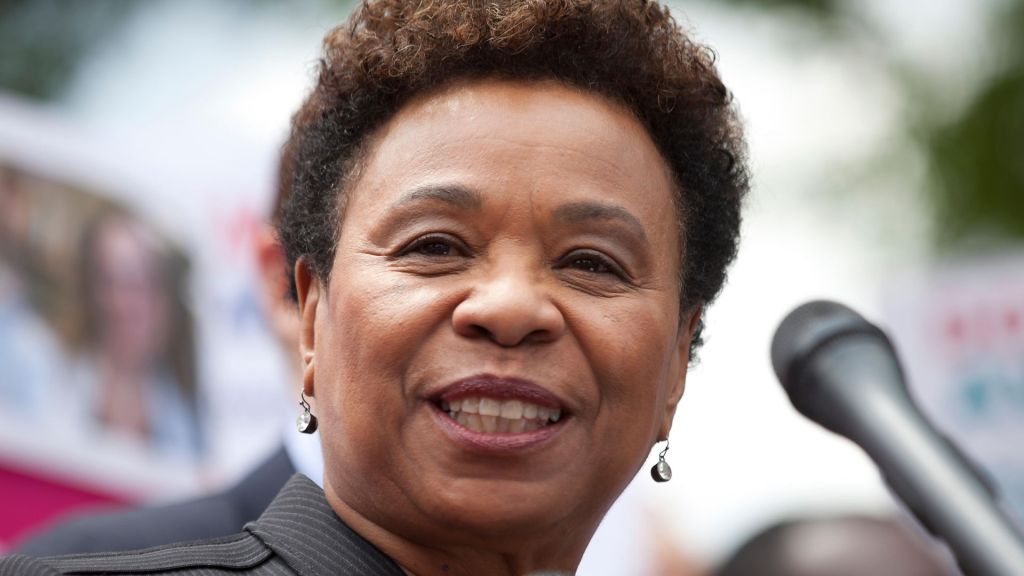Tedros Adhanom Ghebreyesus, World Health Organization (WHO) Director-General: “Vaccine inequity is a killer of people and jobs, and it undermines a global economic recovery. Alpha, beta, delta, gamma and omicron reflect that in part because of low vaccination rates we have created the perfect conditions for the emergence of virus variants. Last week, the highest number of COVID-19 cases were reported so far in the pandemic. And we know for certain that this is an underestimate of cases, because reported numbers do not reflect the backlog of testing around the holidays. The number of positive self tests not registered and burdened surveillance systems that miss cases around the world.”
“I call on citizens of the world, including civil society, scientists, business leaders, economists and teachers, to demand that governments and pharmaceutical companies to share health tools globally and bring an end to the death and destruction of this pandemic. We need vaccine equity, treatment equity, test equity and health equity, and we need your voices to drive that change. Equity, equity, equity.”
“I’m encouraged by some of the vaccines currently going through trial, where innovators have already committed to waiving patents and sharing licenses, technology and knowhow. It reminds me of how Jonas Salk did not patent his polio vaccine. And in doing so, saved millions of children from the disease.”
Dr. Michael Ryan, Executive Director of WHO Health Emergencies Programme: “I’m confident that given the information we have that the measures that are in place for the (2022 Winter Olympic) Games are very strict and very strong, and we do not at this point see any increased risk of disease transmission in that context. However, as you know, China has been experiencing some pretty large outbreaks of coronavirus, COVID-19, over the last number of weeks, and you’ll see that the authorities in China are taking a very strong approach to dealing with those outbreaks, so we will continue to monitor the situation. But certainly at this stage, given the arrangements that have been put in place before the athletes by the organizers, we don’t perceive that there’s any particular extra risk in hosting or running the Games. ”
Dr. Bruce Aylward, Senior Advisor to the WHO Director-General: “Everybody now is acutely aware of the costs of failing to vaccinate, it’s the arrival of new variants, of new challenges. So the sooner we get to equitable distribution, the sooner we get out of this pandemic. Could we do it by the end of 2022? There’s absolutely nothing we’ve seen so far that suggests that we cannot. There is no need to finish 2022 in a pandemic.”
Dr. Michael Ryan, Executive Director of WHO Health Emergencies Programme: “I think there still is a lot of energy in this virus. As Bruce alluded to, there’s still billions of people, as the DG alluded to, who’re unvaccinated. So there is still plenty, unfortunately, opportunity for this virus to spread and to generate new variants.”
“I think it’s premature for us to, I think it’s not premature for us to hope, we can hope for anything, we should hope for everything. But the reality is we’re not doing well enough yet globally to be able to say with any degree of certainty that we can avoid the emergence of new variants.”
Dr. Maria Van Kerkhove, COVID-19 Technical Lead at the WHO Health Emergencies Programme: “Yeah, I think, Mike, you often say hope is not a strategy, but unfortunately, I think it’s very unlikely that omicron will be the last variant that you will hear us discussing.”










